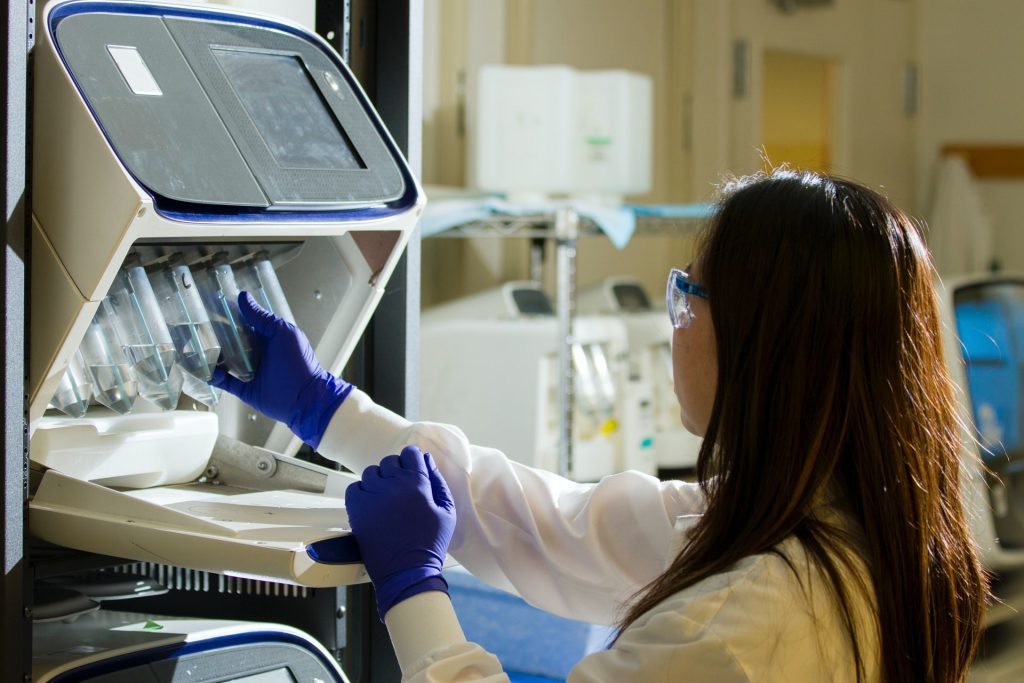
Researchers have found a cell type in human skin that contributes to inflammatory skin diseases such as atopic dermatitis (AD) and psoriasis (PSO). Their study findings were published in the Journal of Experimental Medicine. The team hails from A*STAR’s Singapore Immunology Network (SIgN).
Chronic inflammatory skin diseases such as AD and PSO are characterised by the presence of an activated T cell subtype which secretes pro-inflammatory cytokines in the skin. This immune dysregulation mediated by T cells is central to the pathogenesis of a wide range of inflammatory skin diseases. Thus, understanding the factors modulating T cell priming and activation in healthy and diseased skin is key to developing effective treatments for these diseases.
Recently, a single-cell RNA sequencing (RNA-seq) approach has been used to analyse immune cells in human skin, including dendritic cells (DCs) and macrophages, which are cells that can T cell activation. To tease out the role of DCs and macrophages in chronic inflammatory skin diseases, the team used a combination of complex approaches to yield an unbiased profile/ landscape of DCs and macrophages, and to describe their distinct molecular signatures and proportions in skin lesions of AD and PSO patients.
The researchers found an increase in the proportion of CD14+ DC3s in PSO lesional skin, where they were one of the major cell types co-expressing IL1B and IL23A, two cytokines essential for PSO pathogenesis. This finding suggests that targeting CD14+ DC3 might represent a novel therapeutic option in the treatment of PSO, and demonstrates the potential for the single-cell myeloid cell landscape database to provide important insights into skin biology in health and disease.
Last author Dr Florent Ginhoux, Senior Principal Investigator, SIgN said: “The findings from this study are significant as it will allow the design of new strategies to target or modulate myeloid cell populations for better health outcomes for patients of atopic dermatitis and psoriasis.”
“The roles of antigen-presenting cells in the development of inflammatory skin diseases remain unclear. This study clearly revealed the functions of each antigen-presenting cell subset, which is very informative and valuable to understand the pathogenesis of atopic dermatitis and psoriasis. We expect that this study will lead to the design of new treatment for refractory inflammatory skin diseases.” said Prof Kenji Kabashima, Adjunct Principal Investigator from SIgN and SRIS.
Source: EurekAlert!

